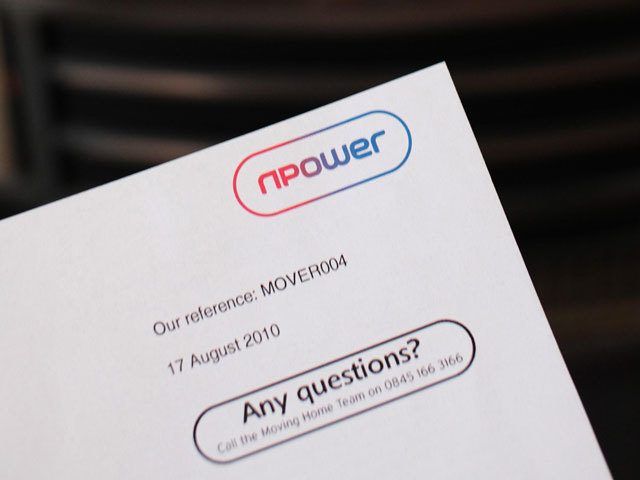
Big Six supplier Npower has been fined £2.4 million by the energy watchdog for “systematic failings” after missing a deadline to roll out advanced meters to a raft of business customers.
Ofgem said the company failed to install advanced meters for electricity business customers at nearly 4,000 meter points by the April 2014 deadline while it also wrongly installed about 200 traditional meters.
The Government’s scheme to roll out advanced meters – an earlier form of smart meters for large businesses – to firms began in 2009 as part of a national project to modernise the energy sector.
Ofgem said Npower’s failings meant affected customers missed out on the opportunity to receive better information about their energy consumption and control costs.
The regulator also sent out a warning to energy firms not to make similar mistakes in the roll-out of smart meters to households and small companies.
Rob Salter-Church, Ofgem interim executive director for consumers and markets, said: “Npower is paying the price for failing to meet its obligations and letting down its business customers.
“The Government set a clear deadline for suppliers to ensure no business customers unnecessarily missed out on the benefits of advanced meters, including the opportunity to save money on their bills.
“The fine reflects that there were systemic failings by Npower which led to the serious failure of not meeting the deadline.”
Npower had five years to install advanced meters for large business customers, but had only completed this for 15,200 out of 22,400 points by the deadline.
The regulator found that Npower left it too late to begin the roll-out, while it also failed to contact business customers to resolve installation difficulties in many cases and did not ensure the meters were able to send readings.
An original fine of £3.7 million was reduced after Npower contested the case and the decision was referred to the Enforcement Decision Panel.
The fine will be paid to the Treasury.
German-owned Npower and fellow Big Six group SSE are seeking to merge their supply businesses, but the tie-up will face a full inquiry by the Competition and Markets Authority amid concerns it could lead to higher energy bills.
Recommended for you
